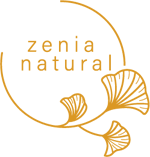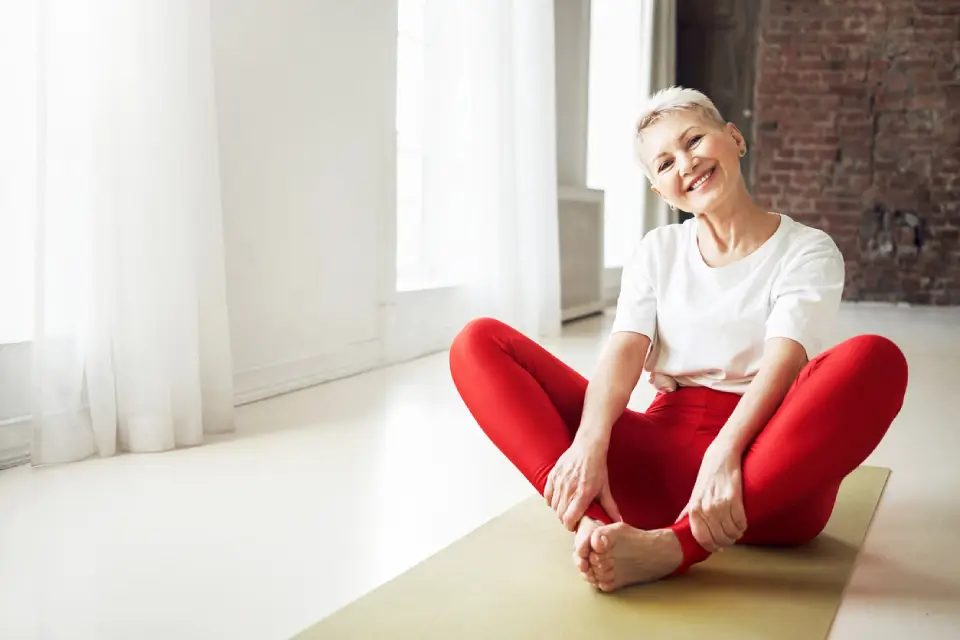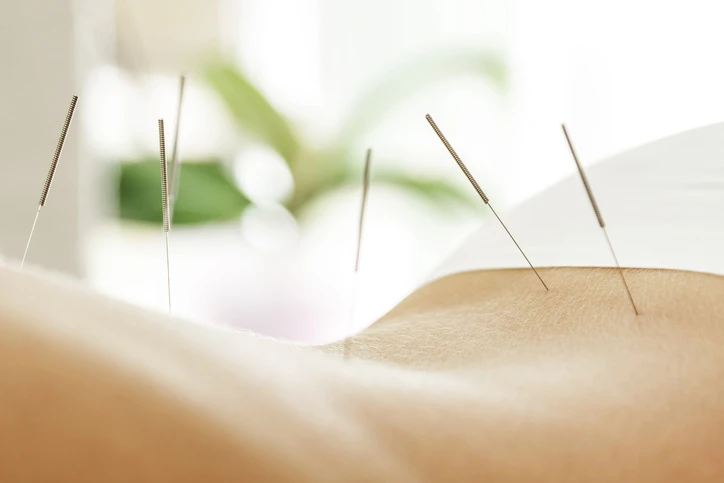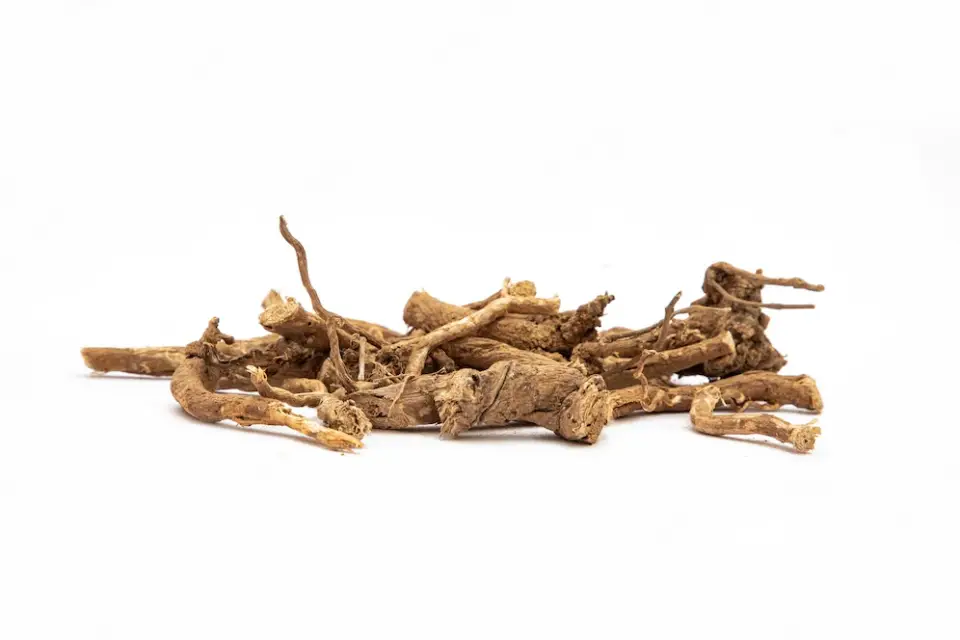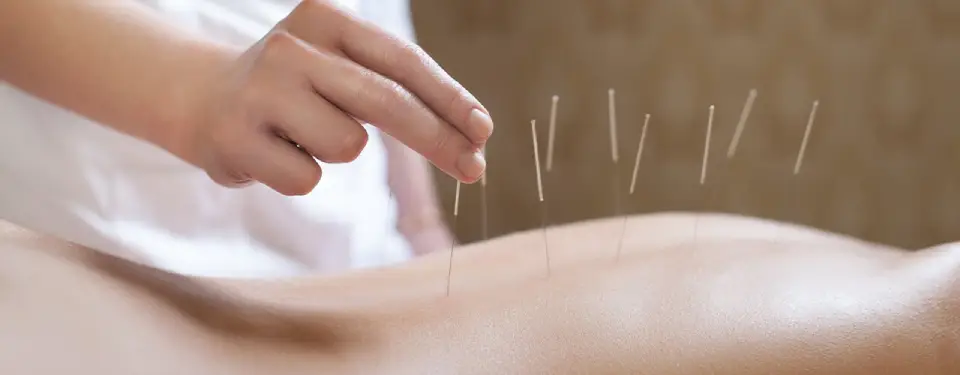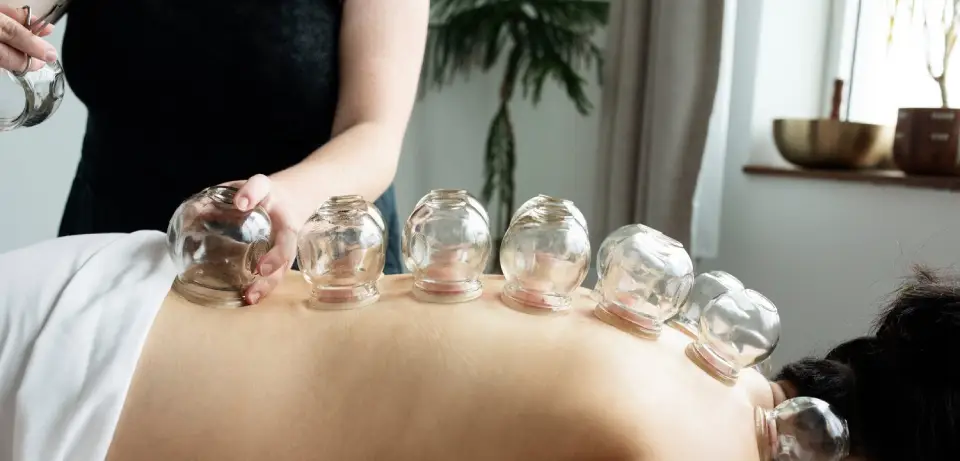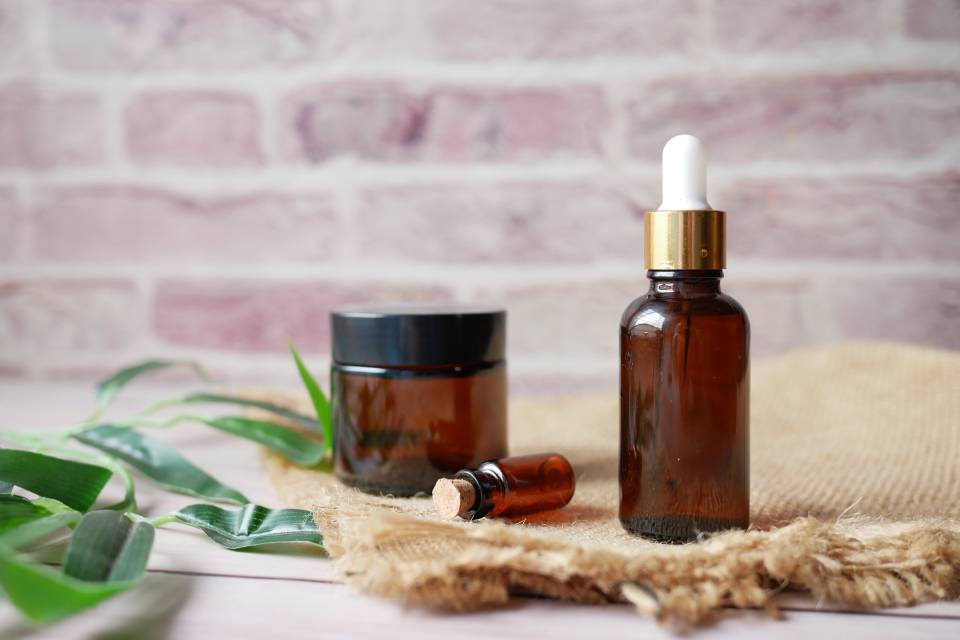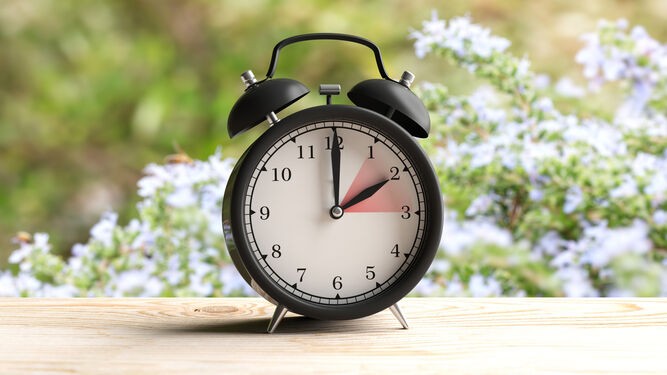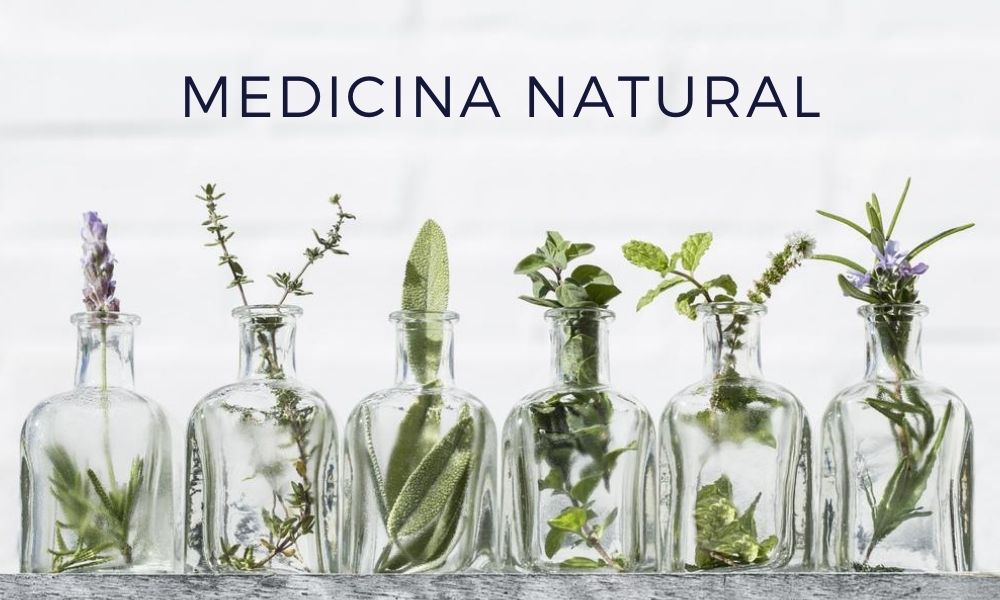Sleeping is a pleasure… yes. Except when sleep eludes us, or when nightmares invade us. So, sleeping is an ambiguous pleasure. And above all, it’s a physical need. And also a mental one.
Do you want to know details that you didn’t know about sleep and its many ambiguities? Join us on our journey through one of the most everyday yet unknown mysteries. Sleep.
Because we need to sleep
The answer is obvious, isn’t it? Because we need to rest our body and our mind. But is our body completely at rest during sleep?
It’s true that our temperature and heart rate drop to a minimum, just enough to keep us going, but that doesn’t mean we spend our sleep time in absolute stillness.
We move, cough, talk, scratch ourselves… In fact, there are sedentary jobs that involve so little movement that some people move more during sleep than during their working day.

And what about our mind? Well, for a change, it doesn’t stop. It’s widely proven that the mind doesn’t cease its activity during sleep.
One of the things the brain does while we sleep is to select what it considers important that happened to us during the day. This way, it ensures not to store unnecessary memories.
Wouldn’t it be wonderful to be able to choose which memories to keep and which to discard? Undoubtedly, but if we didn’t remember bad experiences, we wouldn’t be able to identify them. And therefore, we wouldn’t learn to avoid certain situations, certain people…
So, our brain learns while we sleep.
The function of sleep
Does the term “restorative sleep” sound familiar to you? Well, that’s exactly one of the functions of sleep. It has been shown that during sleep, the brain is able to minimize the emotional impact caused by both images and situations. What we usually call stress.
Sleep, therefore, repairs that emotional damage. Completely? Hopefully, but no, it’s just an aid, very welcome, but an aid.
The ideal would be to be able to sleep after experiencing a traumatic situation. Some people achieve it and others wonder, how can you sleep after what happened? Precisely to better cope with “what happened,” the brain needs sleep.
The REM phase of sleep
The REM phase (for Rapid Eye Movement) is the phase in which “miracles happen.” It’s the phase of sleep in which the brain shows the most activity, hence our eyes moving from side to side non-stop.
Our mind is working, a lot! A study from the University of San Diego showed the following. They took three groups of people. They presented them with a series of simple problems of abstract logic.

Then, one group rested for a while without falling asleep; another group took a short nap without reaching the REM phase; and the third group took a nap of approximately an hour and a half (the time needed to reach the REM phase is one hour).
The study showed that the group that had slept until reaching the REM phase achieved a 40% improvement in answers to problems similar to those they had been presented before the nap.
Does this mean that sleeping makes you smarter? Intelligence is like a spider’s web, it has multiple paths, more and less obvious. But we could certainly say that creativity improves after a “restorative sleep.”
What to do when we can’t sleep?
There are nights when we can’t stop tossing and turning, our mind doesn’t seem to want to “shut down,” and our body, tired from the whole day, wakes up even more tired. Bad mood, irritability, drowsiness, inability to concentrate, apathy and exhaustion are some of the most notable consequences of lack of sleep.
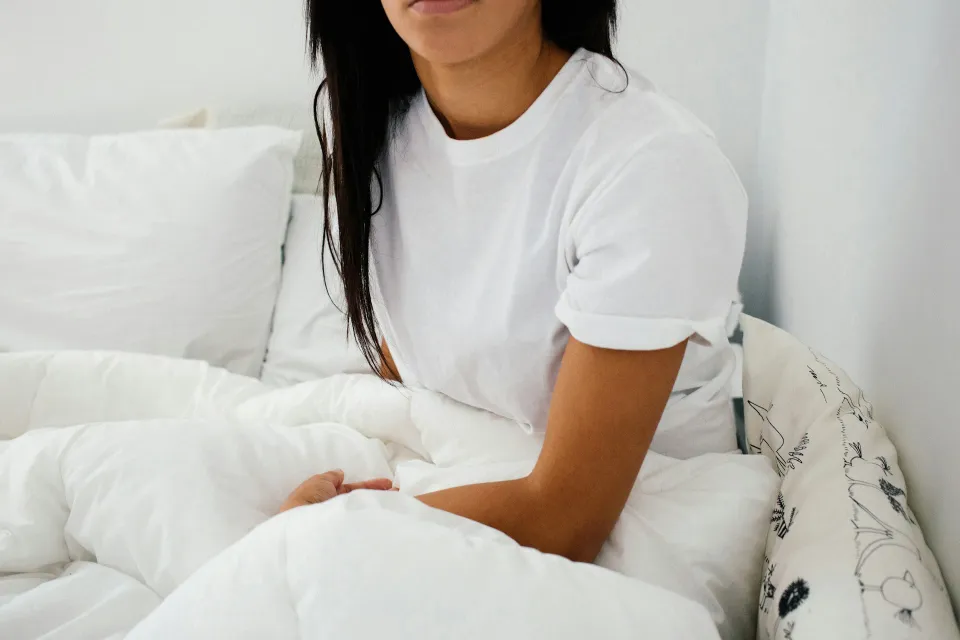
Our brain doesn’t separate what’s important from what’s unnecessary, it’s hard for us to know what’s true and what’s not, and the more sleep we lack, the harder it is for us to fall asleep. Sound familiar? We sincerely hope not. But if it is, here are some tips to make sleep less elusive.
Try to maintain regular sleep schedules
It’s one thing to go to bed a little later on weekends. Or that some nights we stay up late for one reason or another, but it’s another thing to go to bed at a different time every day.

The body needs its routines, for eating, for evacuating, and yes, also for sleeping. Try, as much as possible, to go to bed and wake up at a similar time every day.
Prepare your sleeping space with care
We love to cook, set a dazzling table, dress up for special occasions, indulge in a hot or cold bath or shower, don’t we? And not just out of the need to eat and keep warm and clean. Why do we neglect something as important as our rest?
Make your room inviting for sleep, keep it clean, ventilated, and tidy. Let all your senses feel the peace that awaits you when you’re about to get into bed. Make it smell good. Try to maintain an average temperature that doesn’t make you sweat or feel cold.
Invite sleep by closing the blinds, keeping away acoustic and visual pollution. You can help yourself by listening to white noise, or the type of noise that best suits your ears.
Establish a pre-sleep routine
Turn off the TV, mobile phone, tablet, console, or any other screen, at least 45 minutes before going to bed. This way your eyes will stop receiving intense lights and images. Also, don’t drink stimulating or sugary drinks, even if you think they don’t affect you, they do.
You may sleep the same, but you won’t rest in the same way. You can take a quick shower, or wash your face and hands well after brushing your teeth. Put on your sleepwear and make a list of things you need to do tomorrow. This way, you won’t wake up in the middle of the night thinking “the car inspection!”
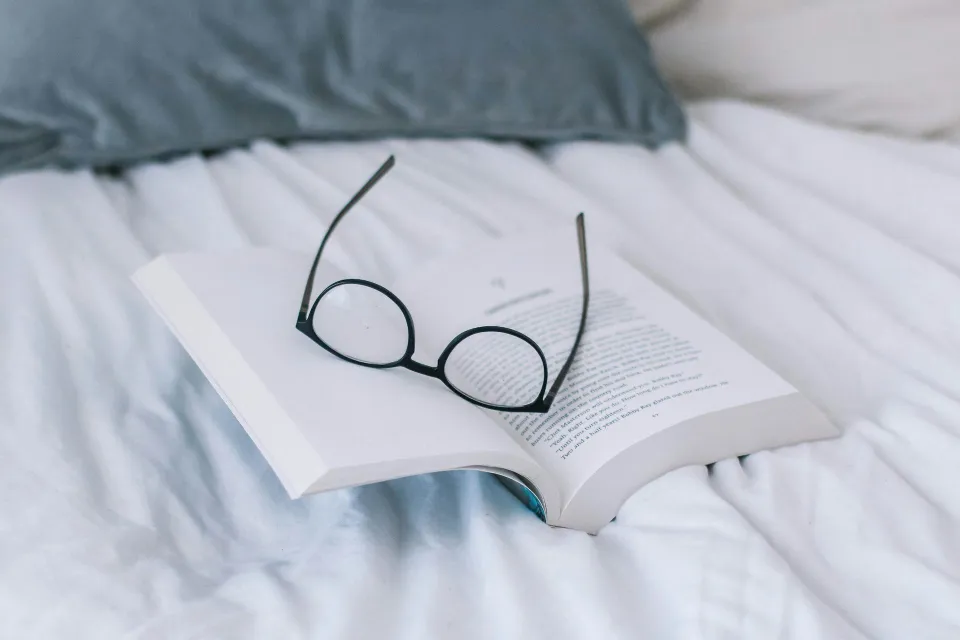
Reading a bit before bed also helps to fall asleep. If you do it always in the same order, your body will start preparing for the next step, which is getting into bed and… sleeping.
Need extra help?
If the answer is yes, come to Zenia Natural. We have supplements for you like magnesium, melatonin, valerian, alpine chamomile… and many others, which can help you fall asleep and retain the desired sleep.
In our store, you’ll find diffusers and essential oils, so you can aromatize your room easily and safely. Soaps with scents that will relax you. Herbal sachets to help with joints, neck or back pain, or just to give you warmth. Bach flowers with which our specialist can prepare a personalized formula tailored to your needs.
The main cause of insomnia is anxiety
What you do know for sure, if you follow our blog, is how to deal with it. Indeed, acupuncture can be very useful to improve your rest, reduce anxiety, and, as you already know, for a thousand other things! In fact, we invite you to visit our BLOG, as you’ll see, we’ve been talking for a long time about how to improve rest in general and sleep in particular.
In addition to acupuncture, you can use CBD, you can also enjoy a relaxing massage, foot reflexology, or a wonderful kobido facial massage, undoubtedly one of the most demanded by our clients.
If you liked this article, visit our blog where you’ll find more interesting and updated content
If you’re having sleep problems or simply want to improve your quality of life by enhancing your rest, come visit us at our store in La Zenia, Orihuela Costa, in Alicante. We’ll be here, as always, looking forward to seeing you.
